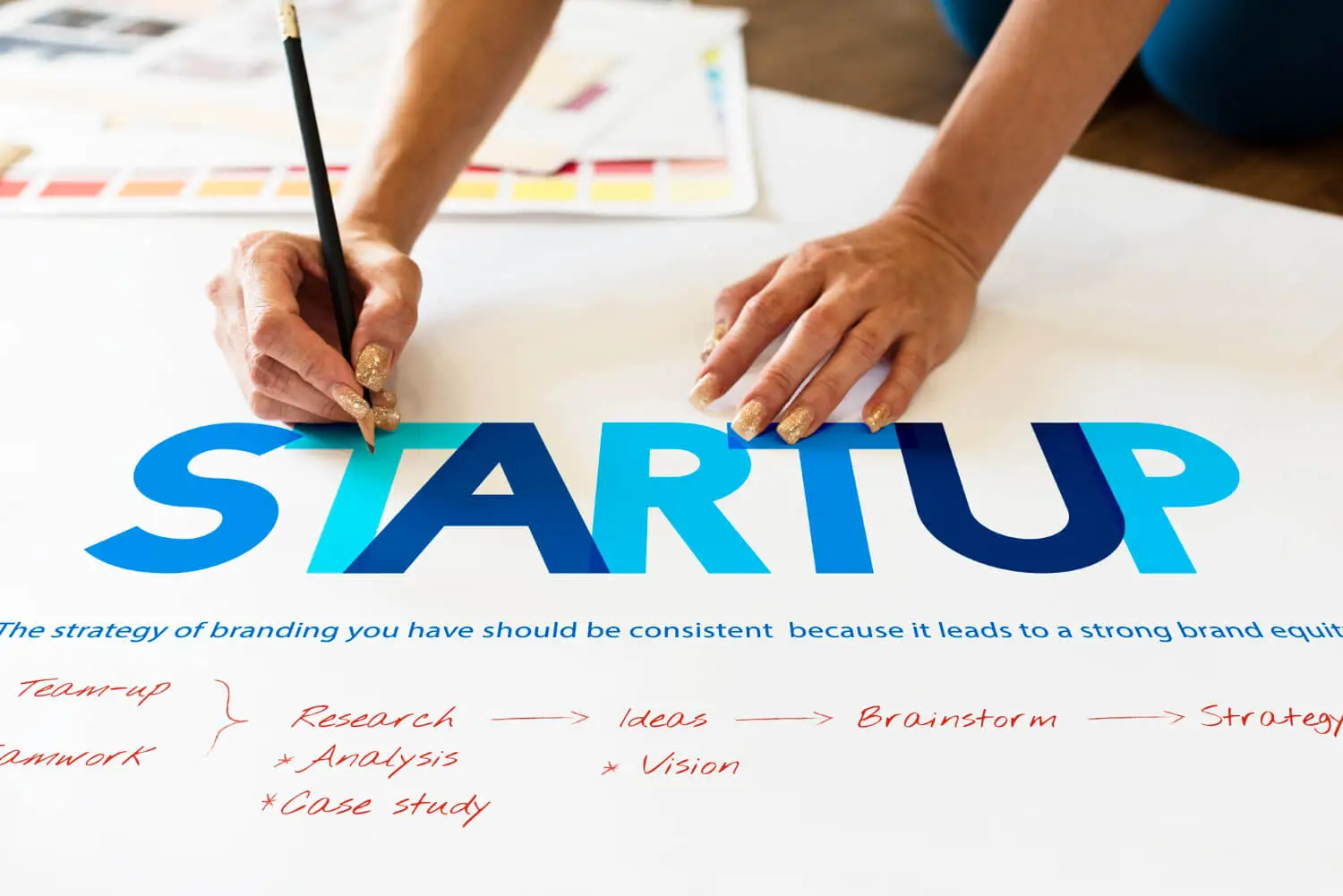Your Partner
in Legal Success
| Reading Time: 4 Minutes
What Are The Differences Between Entrepreneurship and Start-up?

Entrepreneurship and Start-up are terms that are often used interchangeably, but they have different meanings. Although both involve creating a new business, the two have significant differences. Entrepreneurs and Start-ups have different objectives, risk levels, and approaches to building and scaling their businesses. This article will explore the differences between Entrepreneurship and Start-up to help you understand which path is right for you.
What is Entrepreneurship?
Entrepreneurship essentially refers to the act of starting and operating a business. In this context, an entrepreneur aims to take risks, identify opportunities, and create value by offering products or services that meet market needs. Starting and running a business at the core of Entrepreneurship should be evaluated independently of company size or development stage. Therefore, Entrepreneurship should be considered a broad and multidimensional concept that can refer to various businesses, from small local enterprises to large multinational companies.
In this respect, it can be stated that the essence of Entrepreneurship involves identifying a problem or opportunity in the goods and services markets, regardless of the size of the enterprise, and developing a product or service to solve this problem.
Entrepreneurship encompasses identifying a market need and creating a new product or service to meet it, establishing a business or venture, developing an existing business, or creating different markets. Within this framework, Entrepreneurship involves taking financial, organizational, and personal risks to present an idea to the market and turn it into a successful venture.
What is a Start-up?
A Start-up refers to a new form of business in its early stages of development, focused on rapid growth and generally proposing a technological solution. A team characterizes start-ups focused on bringing an untested, unique product or service to the market as soon as possible.
The goal of a Start-up is to validate a new business model, find a scalable solution to a problem, meet a market need, and ultimately transform it into a larger, sustainable business. Start-ups typically operate in a technology-centered manner, relying heavily on the ability to attract investment capital, build a talented team, and scale quickly.
Further Reading: What is a Start-up?
The Difference Between Start-ups and Entrepreneurship
Although the terms “Start-up” and “Entrepreneurship” are often used interchangeably, there are significant differences between these two concepts. There are factual and structural differences between Start-ups and Entrepreneurship, as well as important distinctions in business processes and focus points.
Entrepreneurship encompasses the entire process of starting, running, and finding new markets for a business. At the same time, Start-ups are a specific type of business that focuses on rapid growth and innovation, often combining this with technology. In this context, all Start-ups are examples of Entrepreneurship, but not all Entrepreneurship is a Start-up.
Start-up founders and investors are often evaluated as individuals with a creative, innovative, and technology-friendly mindset motivated to build something new and unique. In contrast, Entrepreneurs have long-term and continuous business ideas and often start multiple businesses throughout their careers. In Start-ups, the focus is directly on the business itself, while in Entrepreneurship, the Entrepreneur’s name and title are more prominent and branded.
A Start-up refers to a specific type of business venture characterized by its potential for rapid growth and scalability. Start-ups generally focus on developing innovative products or services that disrupt existing norms or create new markets. On the other end of the spectrum, Entrepreneurial ventures often differ from start-ups in that they aim to achieve rapid growth and profitability in a short period and are often high-risk, high-reward ventures.
Another difference between Start-ups and Entrepreneurship can be seen in how these businesses approach growth and risk. Entrepreneurship is a long-term, iterative process that involves building and scaling a business over time, while start-ups focus on rapid growth and profitability. Entrepreneurs can start multiple businesses, while start-ups typically focus on a specific venture. Entrepreneurship also encompasses a wider range of industries and business models, while Start-up companies are typically technology-focused and aim to disrupt existing markets.
Conclusion
In conclusion, although both Start-ups and Entrepreneurship involve taking risks, creating value, and starting a business, they are different concepts that need to be understood and evaluated separately. Entrepreneurship refers to the action of starting and running a business. At the same time, startups are a specific type of venture characterized by fast growth, scalability potential, and a focus on innovation and disruption. Understanding the difference between the two can help individuals and organizations make informed decisions and maximize their chances of success.
If a Start-up succeeds in achieving its goals, it can become an established and evolving example of Entrepreneurship. In other words, a Start-up can be seen as the first stage of an Entrepreneurial Journey focused on developing a product or service, building a customer base, and testing the feasibility of the business model. Indeed, if the business model is successful, the venture can evolve into a full-fledged Entrepreneurship with a proven track record of success.
It is important to note that not all ventures will turn into successful Entrepreneurship, as many startups fail to achieve their goals and survive. However, starting and growing a business will provide valuable experience and lessons for future entrepreneurial endeavors.
Would you like to establish a company in Turkey and establish a Start-up as an Entrepreneur? Contact us now.
Summary
In summary, Entrepreneurship and Start-up are two distinct concepts that are often used interchangeably. Entrepreneurship refers to the process of creating a new business venture, whereas a Start-up is a newly established company that is designed to grow rapidly. While both involve risk-taking, innovation, and the creation of new ideas, they differ in their goals, focus, and approach to business.
Entrepreneurs are typically motivated by a desire for personal fulfillment and independence, while Start-up founders are often driven by the potential for high growth and scalability. Ultimately, both Entrepreneurship and Start-ups require dedication, hard work, and a willingness to take calculated risks in order to succeed.



